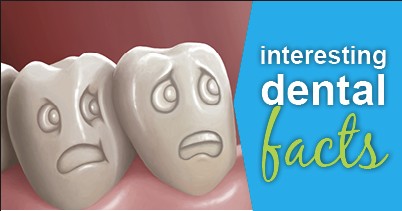CONSULT AN ORTHODONTIST BEFORE YOUR CHILD IS 7!
 Many children as early as 5 or 6 years of age may benefit from an orthodontic evaluation. This helps in some preventative measures.
Many children as early as 5 or 6 years of age may benefit from an orthodontic evaluation. This helps in some preventative measures.
By age 7, most children have a mix of primary (baby) and permanant (adult) teeth. Children may experience dental crowding, too much space between teeth, protruding teeth, extra or missing teeth and sometimes jaw growth problems. Some of these common orthodontic problems seen in children may be inherited from their parents.
Other malocclusions are acquired and they develop over time. They are mostly caused by thumb or finger-sucking, mouth breathing, dental disease, abnormal swallowing, poor dental hygiene, the early or late loss of primary teeth, accidents or poor nutrition. Trauma and other medical conditions such as birth defects may also contribute to orthodontic problems. Whatever the cause, the orthodontist is usually able to treat most conditions successfully.
Orthodontists are trained to identify subtle problems with jaw growth and emerging teeth while some baby teeth are still present. The advantage for patients of early detection of orthodontic problems is that some problems may be easier to correct if they are found and treated early. Waiting until all the permanant teeth have come in or until facial growth is nearly complete, may make correction of some problems more difficult. For these reasons, it is strongly recommended that all children get a check-up with an orthodontist no later than age 7. While your child’s teeth may appear aligned and straight to you, there could be a problem that only an orthodontist can detect.
When a problem is detected, your orthodontist may take a “wait and see” approach. They may check your child from time to time as the permanent teeth come in and the jaws and face continue to grow.
For each child that needs treatment, there is an ideal time for the treatment in order to achieve the best results which the orthodontist has the expertise to determine.
-
Guide growth of the jaw
-
Lower the risk of trauma to protruded front teeth
-
Correct bad oral habits
-
Improve appearance and self-esteem
-
Guide permanent teeth into a more favourable position
-
Improve the way lips meet
-
Early or late loss of baby teeth
-
Difficulty in chewing or biting
-
Mouth breathing
-
Thumb sucking
